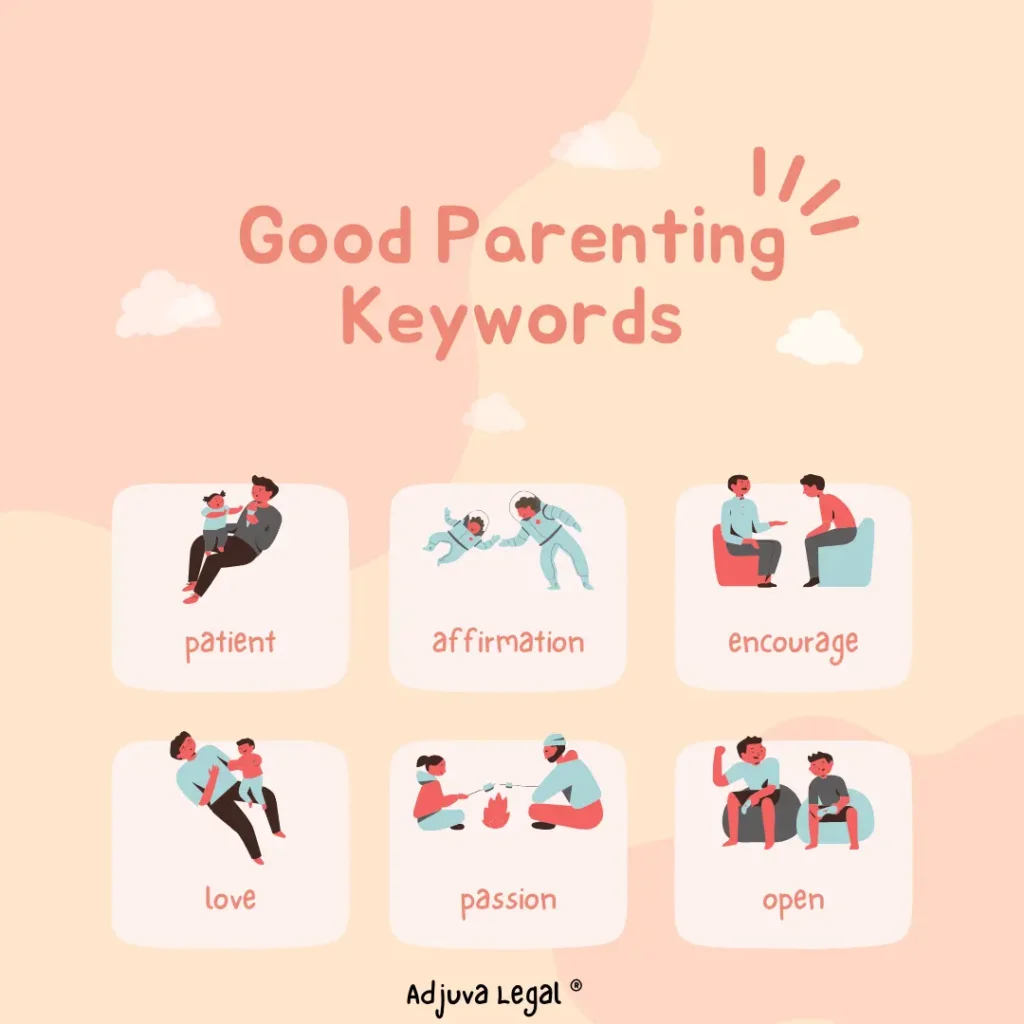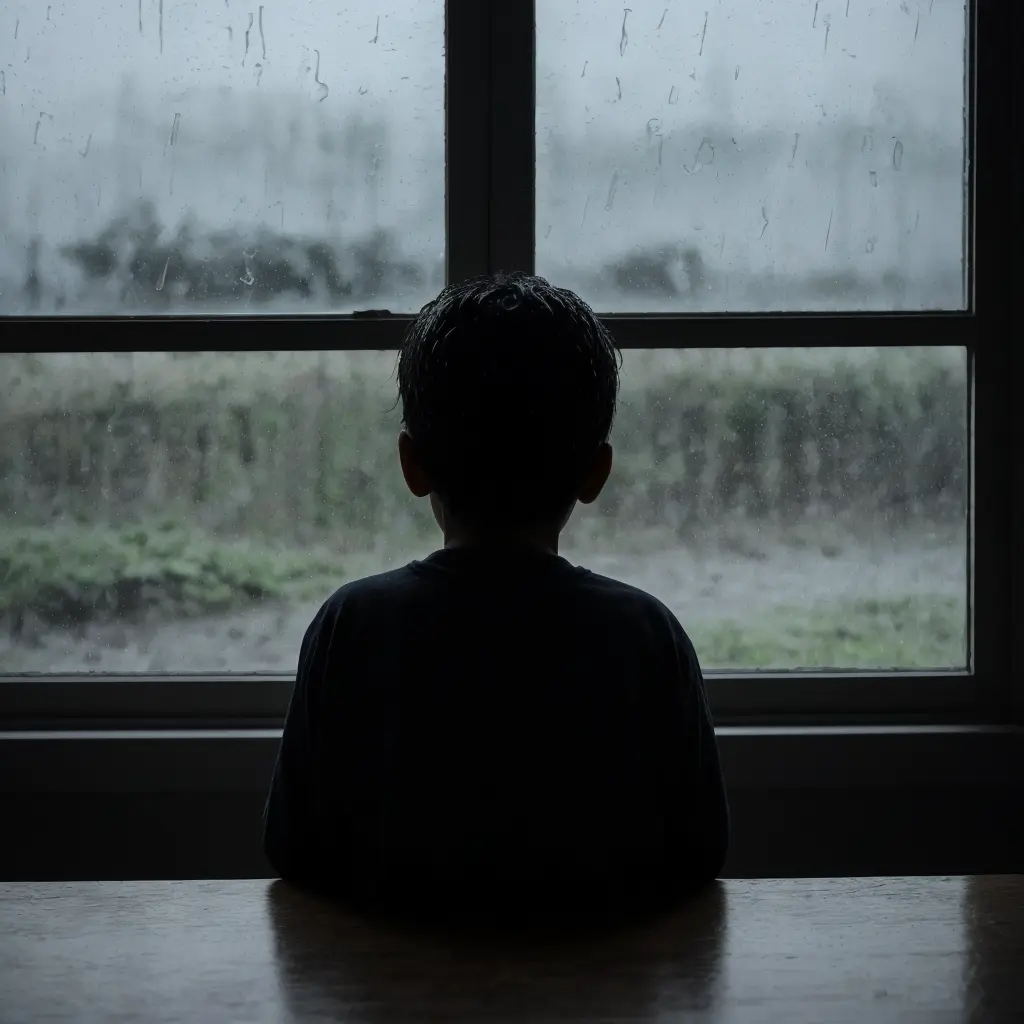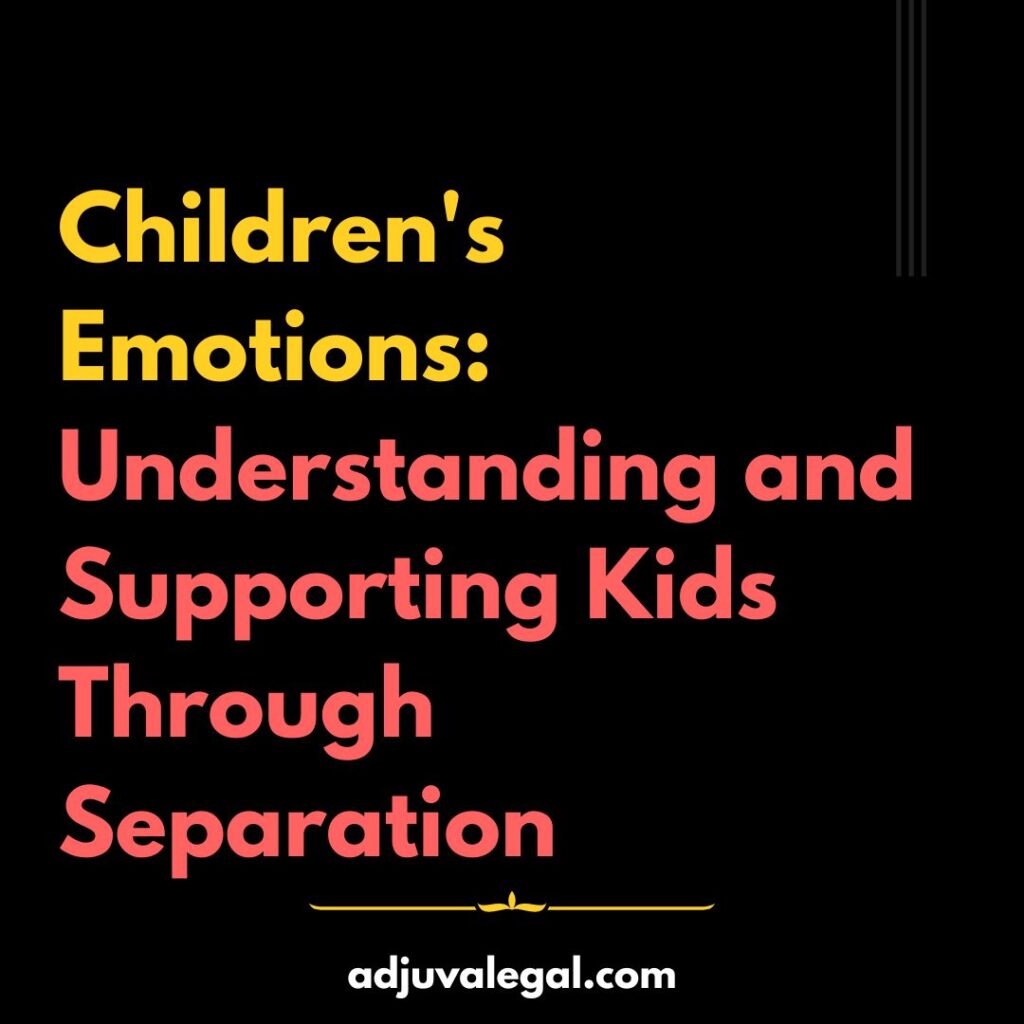Understanding Kids’ Feelings During Separation
Ever thought about what it feels like for a tiny boat caught in a massive storm out in the ocean? That’s kinda what separation feels like for kids – it’s huge, confusing, and downright frightening.
Separation isn’t just about two adults calling it quits; it shakes up a kid’s whole universe. How kids deal with it can vary a lot, depending on their age, their personality, and what’s going on with the separation, but there are some common feelings and reactions they might have.
Age-Specific Reactions to Separation
Kids’ feelings about the whole separation thing are complicated. Depending on how old they are, they’ll handle it in different ways.
Little ones (toddlers to the young school crowd) might not really get what’s happening, but they definitely feel when a parent isn’t around as much. They might get super clingy, start freaking out more about being left or even slide backwards with stuff like wetting the bed.
School-aged kids start to get the permanence of the situation. They might think it’s their fault or get mad at one parent. You might see them getting sad and teary, throwing fits, or they might just shut down and pull away.
Teens have a better grasp of the situation but that doesn’t make it any easier. They might act out, pick sides, or try risky stuff as a way to cope or get away from it all.
When the family vibe changes, it messes with their feeling of what’s safe and stable. That can make it tough for them to trust people later on, even in their own relationships.
Acting Out and Slipping Up
You can really see how stressed kids are by how they start acting differently. This could be acting up or pulling back, but there might also be:
Physical stuff: Like complaining about headaches or stomachaches when nothing’s actually wrong, probably because they’re stressed.
Eating or sleeping differently: Not eating much or eating too much, having trouble sleeping, or having a lot of nightmares.
Signs of Stress in Children Facing Separation
And all this stress can make school harder, too. They might find it tough to focus, not get as much help at home, or just not care about school because they’re upset.
There are ways to help kids get through this tough time:
Keep things consistent: Try to keep rules, routines, and how you parent pretty much the same. It gives them something solid to count on.
Spend quality time: Hang out with them, do stuff they like, and really listen to them. It shows them you’re still there for them.
Talk to their school: Letting teachers and counsellors know what’s up can help them support your kid and watch out for any signs they’re struggling.
Work together as parents: Even if you’re not together anymore, try to co-parent in a way that’s best for your kid. This means figuring out schedules, going to important stuff together if you can, and agreeing on how to handle parenting stuff.

Strategies for Supporting Children Through Separation
The big thing with helping kids through a separation is to be there for them – listen, be consistent, and make sure they know they’re loved.
Every kid and every situation is different, but the most important thing is to show them they’re not alone in this.
Remember, it’s about going through this stormy part of life together, showing them that even though paths might change, the love for them doesn’t.

Author
Utkarsh Srivastava







